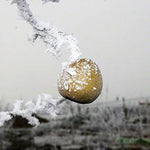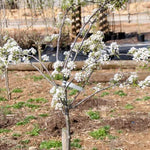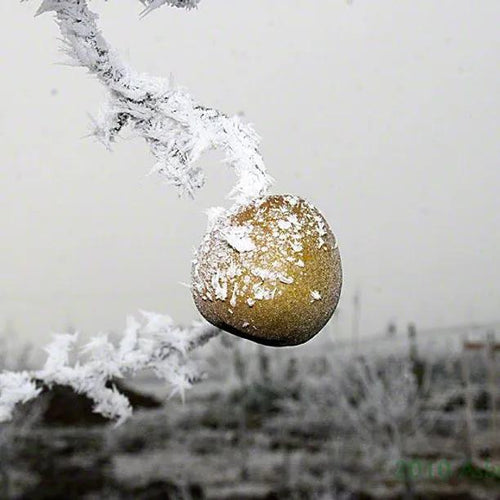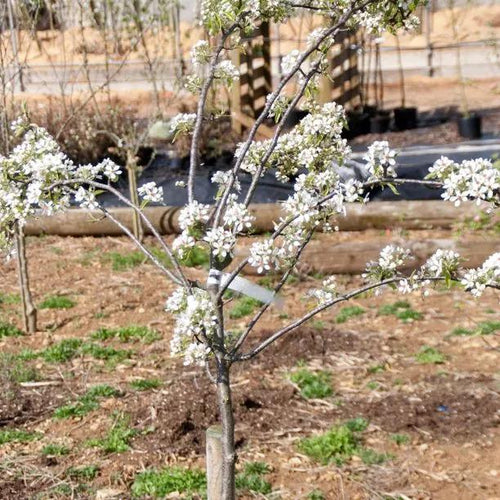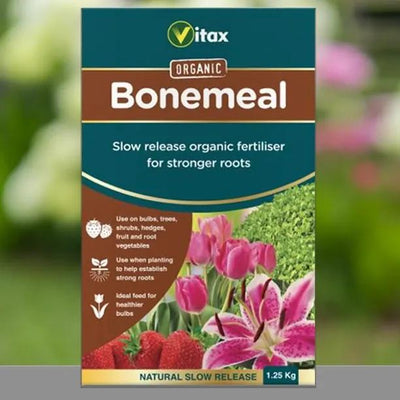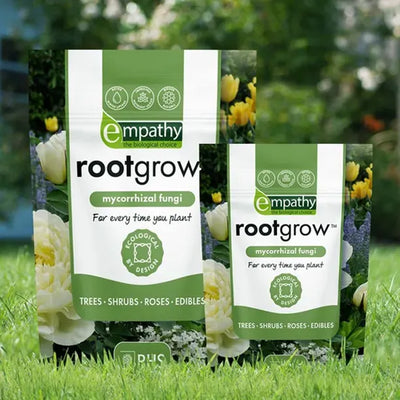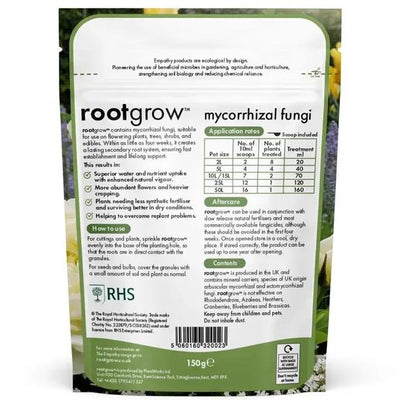 Delivered across the UK
Delivered across the UK Which Best Plant Supplier 2025
Which Best Plant Supplier 2025 1 Year Bareroot Plant Guarantee
1 Year Bareroot Plant Guarantee
About This Product
Winter Nelis Pear Trees
'Winter Nelis' a small, rather bloated looking russet pear with grainy flesh, which is perfect for cooking or adding to a perry brew, and is good eaten fresh if you like a firmer bite.
They store exceptionally well, until March in ideal conditions, and the fruit sometimes stay on the tree into the new year.
Unlike most pears, the tree isn't very vigorous, which is good for smaller gardens & means less maintenance.
Browse our range of pear trees or see the full variety of fruit trees.
Features
- Full bodied flavour
- Although not a perry pear by itself, it's great for blending into a perry brew
- Self Sterile.
- Pollination group B.
- Harvest Late October - Early November & ripen off the tree.
- Stores very well until February / March in a cold place.
Pollination Partners for Winter Nelis:
Winter Nelis is in pollination group B. This means that it'll cross-pollinate any other pear tree that you can buy from us - take your pick!
Please see our guide to Pollinating Pear Trees for more details.
Growing Winter Nelis Pear Trees:
The more sun your trees get the better your crops will be. Good soil preparation is important - dig in plenty of well rotted organic matter before planting and use Rootgrow - it's worth it.
Details about delivery sizes: Guide to Fruit Tree Sizing.
History & Trivia
Pronounced Winter Nelly and commonly misspelt "Winter Nellis", this old European variety was bred by Jean Charles Nelis in Mechelen, Belgium, and imported in 1818.












 Secure, One-Tap Checkout
Secure, One-Tap Checkout
 Hand Picked, Delivered to Your Door!
Hand Picked, Delivered to Your Door! 1 Year Bareroot Guarantee
1 Year Bareroot Guarantee